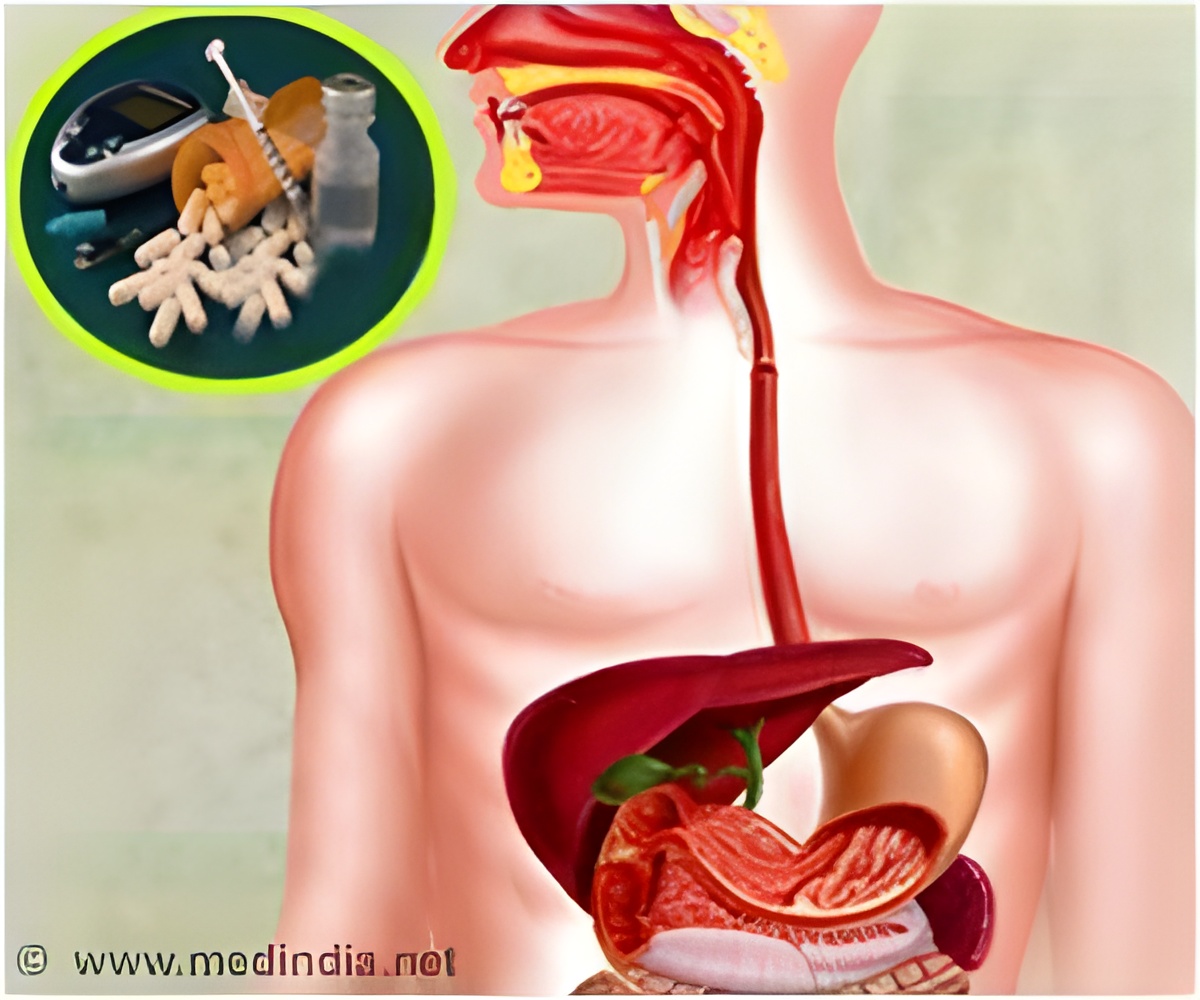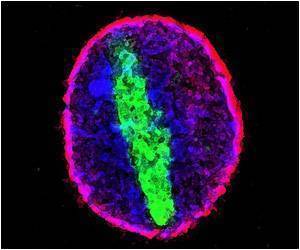Chemists have gained fresh insights into how a disease-causing enzyme makes changes to proteins and how it can be stopped.

They have already identified a molecule that blocks NMT's activity, and have identified specific protein substrates where this molecule has a potent impact.
NMT makes irreversible changes to proteins and is known to be involved in a range of diseases including cancer, epilepsy and Alzheimer's disease.
In a study published in the journal Nature Communications chemists used living human cancer cells to identify more than 100 proteins that NMT modifies, with almost all these proteins being identified for the very first time in their natural environment.
The scientists mapped all of the proteins and also established that a small drug-like molecule can block the activity of NMT and inhibit its ability to modify each of these proteins, suggesting a potential new way to treat cancer.
Lead researcher Professor Ed Tate, from the Department of Chemistry at Imperial College London said: "We now have a much fuller picture of how NMT operates, and more importantly how it can be inhibited, than ever before. This is the first time that we have been able to look in molecular detail at how this potential drug target works within an entire living cancer cell, so this is a really exciting step forward for us."
Advertisement
The researchers spent several years developing a specialised set of tools to identify and examine NMT and the proteins it changes. They began by conducting a detailed large scale study exploring proteins under the control of NMT, but the scientists still needed information on the function of these proteins and how they are modified.
Advertisement
Reflecting on the next stage of research, Professor Tate said: "On the back of these results we are looking to test a drug that will have the most potent impact on blocking NMT's ability to modify proteins, and we have started working with collaborators at the Institute of Cancer Research and elsewhere on some very promising therapeutic areas. We are still at an early stage in our research but we have already identified several very potent drug-like NMT inhibitors that are active in animal disease models, and we hope to move towards clinical trials over the next five to ten years."
Source-Eurekalert















